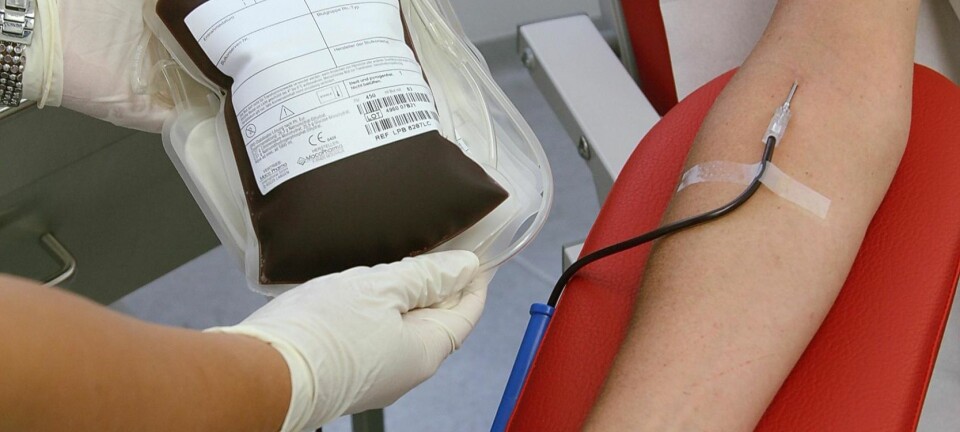
Industry-sponsored researchers twist drug data
Industry-sponsored studies overestimate the effects of drugs and withhold information about their side effects, new study shows.
Doctors and patients cannot always rely on research findings when drugs are tested in trials funded by pharmaceutical companies.
The sponsored studies are often significantly more biased towards the industry’s products than similar studies that are not sponsored by the industry.
So concludes a new meta-analysis carried out at the Nordic Cochrane Centre at the National Hospital of Denmark.
The analysis includes 48 scientific articles, which collectively assess the results and conclusions of thousands of industry-sponsored studies. This makes it the largest ever meta-analysis of its kind.
Conclusions inconsistent with data
The analysis reveals frequent inconsistencies between the collected data and the researchers’ interpretations regarding the effect of the industry’s products.
Some publications for instance concluded that the drug had the desired effect, even though this was not supported by the results of the study. Others downplayed the negative effects, which made the drug appear better than it really was.
”Our meta-analysis demonstrates that there are systematic differences between studies conducted by industry and those conducted by independent researchers,” says Andreas Lundh, a doctor and researcher at the Nordic Cochrane Centre.
Dubious experimental designs and analyses
According to Lundh, the distortion of the data is due to a number of factors, including the ways in which:
- The industry designs its studies, e.g. by testing a new drug against an older drug, which is no longer the standard treatment – or by testing it against a drug at a lower dose, so that the experimental design favours the new drug.
- The data is analysed or reported, e.g. by only reporting on the positive results and leaving out the negative. This phenomenon is well known in the field of antidepressants, where many studies that generated negative results were never published.
This can have serious consequences. If doctors only relate to what’s published in scientific journals, they might easily overestimate the effects of a drug and underestimate its harmful effects.
Patients accept treatment for the wrong reasons
When patients choose to accept an offer of treatment on the basis of the published results, their decision is based on incomplete and incorrect information:
“This could mean that the patients receive unnecessary treatment,” says Lundh. “If they had known the truth about the positive as well as the negative effect of the drug, they may not have wanted to take it. But since the results look so promising, they accept the treatment, unaware that data has been withheld or distorted.”
The researcher believes that more effort should be made to put a stop to this:
- The authorities should demand that all data from industry-sponsored studies is published
- The authorities should provide more funding to independent studies.
“In the US, things are moving in a direction where more funding is given to industry studies, while publicly funded studies have reached a stationary level. It really should be the other way round.”
------------------------
Read the Danish version of this article at videnskab.dk
Translated by: Dann Vinther







